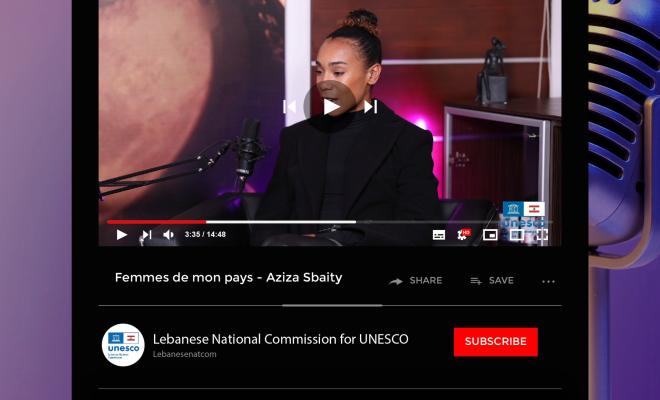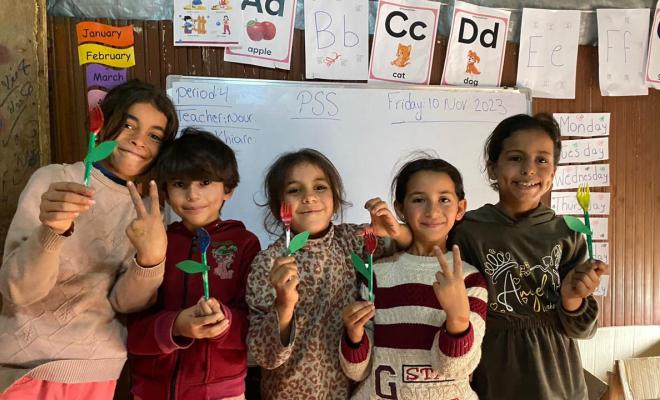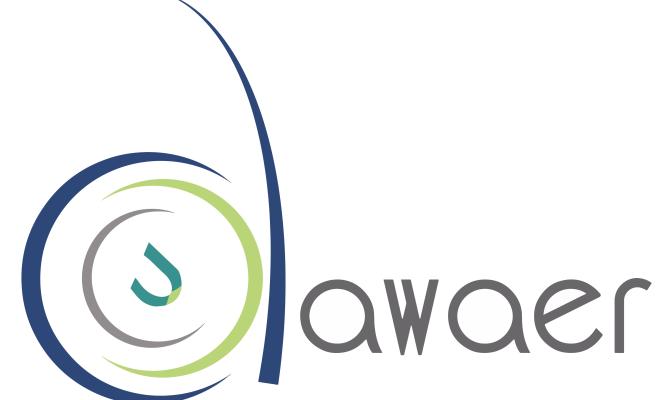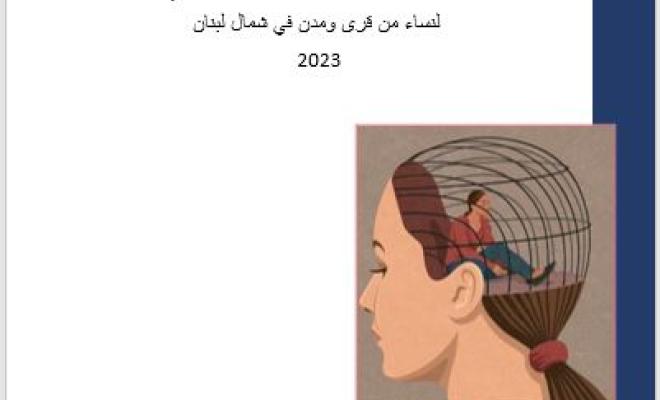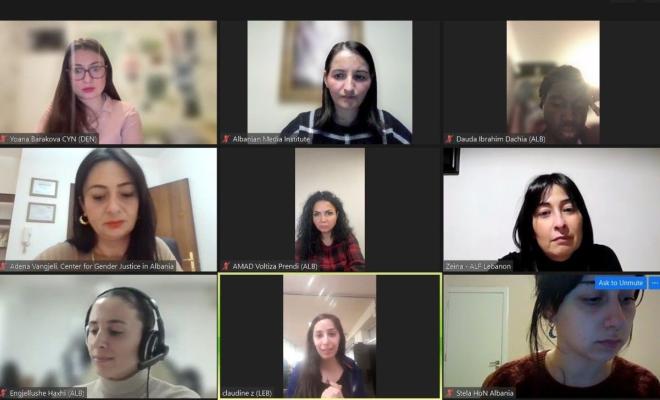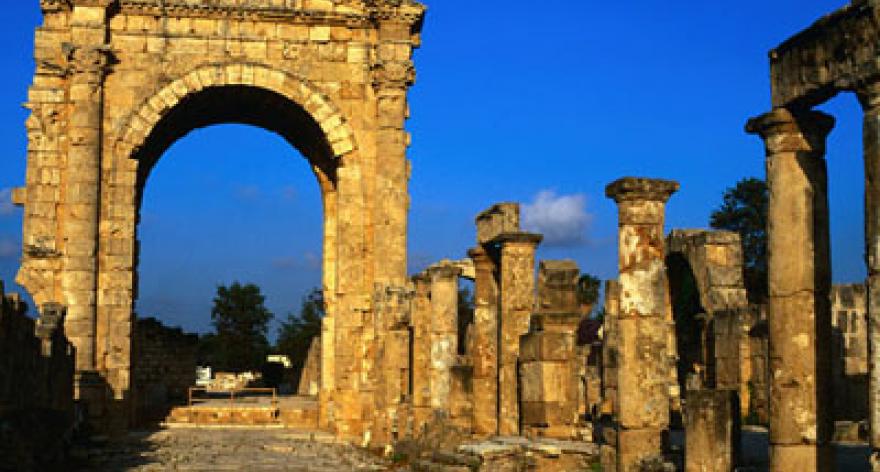
The Lebanese Network, headed by the Lebanese National Commission for UNESCO since 2005, brings together around 150 civil society organisations, very diverse in their forms (NGOs, universities, schools, municipalities), their demographics (from all Lebanese regions) and their fields of action (culture, education, environment, arts, dialogue, refugees, etc.). Characterised by the variety of its members, the Lebanese Network is very committed in disseminating the ALF values and objectives through the lines of activities implemented, as well as the fields of expertise. In a country like Lebanon, facing an ongoing political, social and economic crisis, the Lebanese network keeps showing resilience, often taking responsibility and showing leadership, making a difference to people and marginalised communities. One of the noteworthy achievements is in the aftermath of the horrific Beirut explosion in August 2020. As the country grappled with this disaster, many of the members not only engaged in immediate relief but also launched projects dedicated to responding to the needs of affected people, providing all sorts of material and psychological support. In the upcoming phases, the Lebanese Network aims to be more active, mobilise as much members to create synergies and partnerships whether among each other or with other networks.
UNESCO Palace, 2nd floor
Beirut 1103
Lebanon
The Lebanese National Commission for UNESCO, appointed by Ministry of Foreign Affairs since April 2005, is the national entity that is responsible to liaise between UNESCO and the official national institutions in Lebanon. It is also the Head of the Lebanese Network of the Anna Lindh Foundation.
Further to its coordination role, it organizes and conducts conferences, seminars and workshops in the field of education, science, culture and information. Other fields of interest include: arts, democracy and community development, environment and sustainable development as well as gender, human rights and religion.
